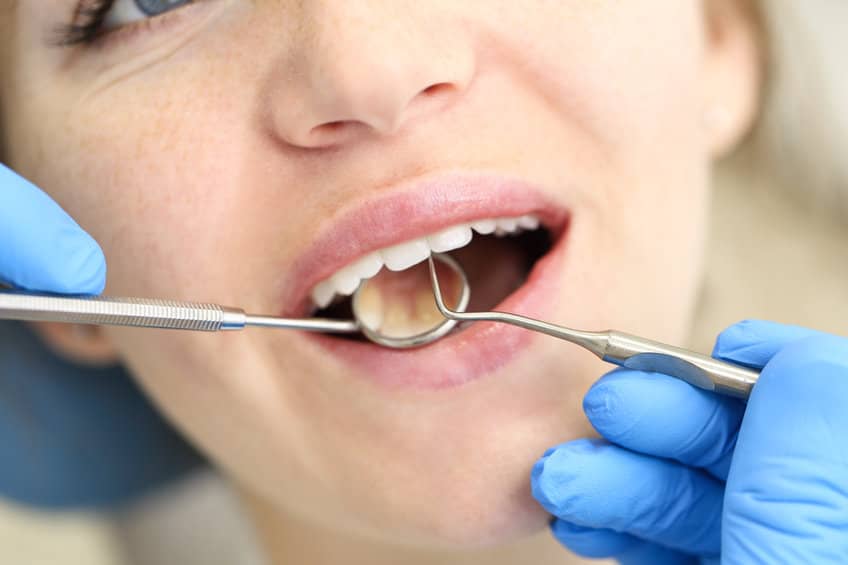Completing an intensive outpatient program (IOP) is a significant milestone in the journey to recovery. However, the period that follows, often referred to as aftercare, is equally crucial. Aftercare planning and support play pivotal roles in maintaining the progress made during treatment and preventing relapse. In this article, we will explore the importance of aftercare, strategies to create an effective plan, and the types of support available post-IOP treatment.
Understanding the Importance of Aftercare
The Role of Aftercare in Recovery
Aftercare is not just an extension of treatment; it’s a comprehensive approach to ensuring lasting recovery. It involves structured support to help individuals navigate the challenges of reintegration into daily life post-treatment. According to the Substance Abuse and Mental Health Services Administration (SAMHSA), individuals who engage in aftercare programs are 10% more likely to maintain their sobriety for over a year post-treatment.
Preventing Relapse
The journey of recovery is ongoing, and the risk of relapse is real. The National Institute on Drug Abuse (NIDA) states that relapse rates post-treatment can be as high as 60%. A robust aftercare plan acts as a safety net, providing the necessary tools and support to cope with potential triggers and stressors.
Crafting an Effective Aftercare Plan
Individualized Approach
Every individual’s journey in recovery is unique, and so should be their aftercare plan. It should be tailored to address specific needs, challenges, and goals. This includes considering factors like personal history, substance abuse patterns, and the presence of co-occurring disorders.
Setting Realistic Goals
Goals provide direction and motivation. However, they need to be achievable and measurable. Whether it’s maintaining sobriety, improving relationships, or pursuing education or career opportunities, goals should be set in a way that they foster a sense of achievement and progress.
Continuous Assessment and Adjustment
An aftercare plan is not set in stone. It requires regular evaluation and flexibility to adapt to the changing needs of the individual. As life circumstances evolve, so should the support and resources provided.
Support Systems Post-IOP Treatment
Ongoing Therapy and Counseling
Continued therapy is vital in reinforcing the coping strategies learned during intensive outpatient program (IOP). It provides a safe space to discuss challenges and receive guidance. Group therapy, individual counseling, or family therapy can be part of this ongoing support.
Support Groups and Community Resources
Support groups such as Alcoholics Anonymous (AA) or Narcotics Anonymous (NA) offer a community of individuals who understand the journey of recovery. These groups provide peer support, accountability, and a sense of belonging, which are crucial for long-term recovery.
Lifestyle Changes and Holistic Approaches
Recovery extends beyond abstaining from substance use. It involves embracing a healthy lifestyle. This can include regular exercise, a balanced diet, mindfulness practices, and engaging in hobbies or activities that bring joy and fulfillment.
Employment and Educational Assistance
Reintegrating into the workforce or pursuing education can be a significant part of recovery. It fosters a sense of purpose and independence. Many aftercare programs offer vocational training, resume-building workshops, and educational guidance to aid in this transition.
Family Involvement and Support
The role of family in aftercare is indispensable. Family therapy and support groups for family members can provide the necessary tools to rebuild relationships and create a supportive home environment.
Conclusion
Aftercare planning and support are not merely steps following IOP treatment; they are integral components of the recovery journey. They provide the structure, resources, and support needed to navigate the complexities of life post-treatment. By understanding the importance of aftercare, crafting a personalized and flexible plan, and utilizing the available support systems, individuals can solidify their path to recovery and embrace a life of sobriety and fulfillment. Remember, the journey of recovery is continuous, and with the right aftercare plan and support, lasting recovery is not just a goal—it’s a reality.















